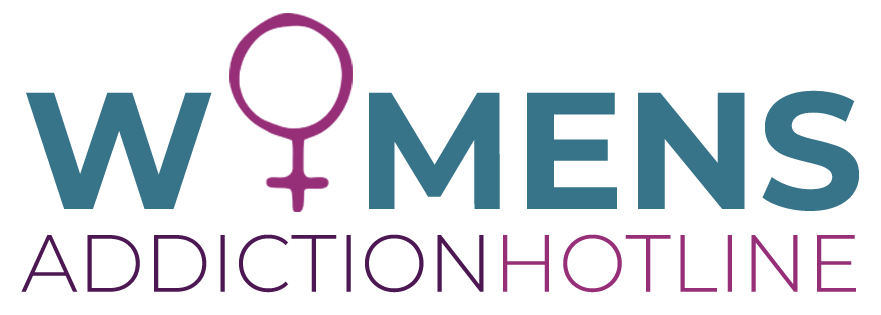Women’s Methadone Abuse Hotline
Women’s Methadone Abuse Hotline
Women’s National Alcohol Abuse Statistics
Methadone abuse is a significant problem among women, with statistics indicating a high prevalence of lifetime use[1]. According to data from the National Survey on Drug Use and Health (NSDUH), approximately 28.1% of women reported non-heroin opioid misuse, with about half of pregnant female admissions with heroin use having methadone or other opioid medications in their system[2]. This highlights the urgent need for effective prevention and treatment strategies to address the issue of methadone abuse among women.
Demographic information of women abusing methadone reveals that the problem is not limited to a particular age group or ethnicity[3][2]. Studies have shown that women of all ages and races are at risk of developing methadone addiction[4]. Furthermore, pregnant women with opioid use disorder face additional challenges, including racial inequity in methadone dose at delivery[5][6]. It is essential to address these disparities and ensure that all women have access to appropriate care and treatment.
The consequences and health risks of methadone abuse in women can be severe[7][8]. Methadone abuse can lead to addiction, overdose, and even death. Methadone use during pregnancy can also have adverse effects on both the mother and the baby, including preterm birth, low birth weight, and neonatal abstinence syndrome. Additionally, women who abuse methadone are at higher risk of experiencing gender-based violence[4]. It is crucial to raise awareness of these risks and provide comprehensive care and support to women struggling with methadone addiction.
References
1. Gender differences in substance use patterns and …. from www.ncbi.nlm.nih.gov/pmc/articles/PMC5633237/
2. Women of Childbearing Age and Opioids. from www.samhsa.gov
3. Comparative Profiles of Men and Women with Opioid …. from www.ncbi.nlm.nih.gov/pmc/articles/PMC3164783/
4. Prevalence of Domestic Violence Against Women …. from www.ncbi.nlm.nih.gov/pmc/articles/PMC9743825/
5. Racial, Ethnic, and Sex Differences in Methadone-Involved …. from jamanetwork.com
6. Gender disparities in access and retention in outpatient …. from www.sciencedirect.com
7. What is Methadone?. from www.samhsa.gov
8. Opioid Use Disorder in Women and the Implications for …. from www.ncbi.nlm.nih.gov/pmc/articles/PMC8639162/

Women’s Methadone Addiction
Methadone is a synthetic opioid medication primarily used for the treatment of opioid dependence, including heroin addiction. However, misuse and abuse of methadone, particularly among women, present significant challenges and risks.
Important information on women’s methadone abuse:
- Prevalence: Methadone abuse affects both men and women, but research suggests that women may face unique challenges related to methadone misuse. Women account for a notable portion of individuals receiving methadone maintenance treatment for opioid dependence. However, some women may also misuse or abuse methadone outside of supervised treatment settings.
- Risk Factors: Women may turn to methadone as a substitute for other opioids or as a means of self-medication for physical or emotional pain. Factors such as a history of trauma, co-occurring mental health disorders, and social determinants of health (e.g., poverty, homelessness) can increase the risk of methadone abuse among women. Additionally, women who are pregnant or parenting may misuse methadone, posing risks to maternal and child health.
- Health Risks: Methadone abuse can have serious health consequences for women, including respiratory depression, overdose, addiction, and infectious diseases such as HIV/AIDS and hepatitis. Women may also experience hormonal imbalances, menstrual irregularities, sexual dysfunction, and reproductive health issues as a result of methadone abuse. Chronic methadone misuse can lead to physical dependence, tolerance, and withdrawal symptoms upon discontinuation.
- Pregnancy and Parenting: Methadone maintenance treatment is commonly prescribed to pregnant women with opioid use disorder to prevent withdrawal symptoms and reduce the risk of pregnancy complications. However, methadone abuse during pregnancy can have adverse effects on maternal and fetal health, including neonatal withdrawal syndrome (neonatal abstinence syndrome) and developmental delays. Pregnant women receiving methadone treatment require specialized prenatal care and support to ensure the best possible outcomes for mother and baby.
- Treatment and Support: Addressing women’s methadone abuse requires a comprehensive approach that addresses physical, psychological, and social factors contributing to addiction. Treatment options may include medication-assisted treatment (MAT) with methadone or other medications, behavioral therapies, counseling, and support groups. Gender-specific treatment programs tailored to women’s needs, including trauma-informed care and reproductive health services, can enhance treatment outcomes and promote recovery.
- Harm Reduction Strategies: Harm reduction approaches, such as supervised consumption sites, needle exchange programs, and naloxone distribution, can help reduce the harms associated with methadone abuse among women and prevent overdose deaths. Access to comprehensive sexual and reproductive health services, including contraception and testing for sexually transmitted infections, is also important for women who misuse methadone.
women’s methadone abuse presents complex challenges that require a compassionate and evidence-based response. By addressing the underlying factors contributing to methadone misuse and providing gender-responsive treatment and support services, we can help women overcome addiction and improve their health and well-being.

